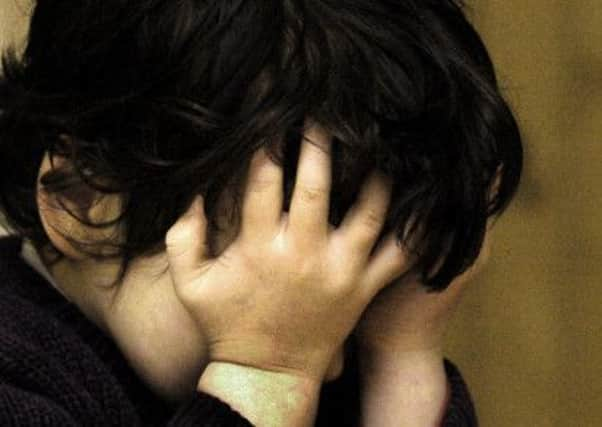Neil McNicholas: Switch off the opportunity for bullies online


The Oxford Dictionary defines a bully as “a person who uses strength or influence to harm or intimidate those who are weaker”.
When I was in school, bullying was par for the course. I’m not for a moment condoning it, but it was what kids did. We arrived for our first day in senior school all smart and polished in our new – and quite expensive – school uniforms, and you knew that by the end of the day several caps (and possibly also the heads that were wearing them) would be subject to the threat of a flushing toilet.
Advertisement
Hide AdAdvertisement
Hide AdNasty schoolboy stuff – but, like all bullying and teasing, it was a test of your mettle. It was part of the process of growing up and the challenge was to stand up to the bullies and the teasers and maybe even give them a taste of their own medicine. You certainly didn’t go running to “teacher” – that was telling tales and it resulted in even more teasing.
Every school now has a policy in place designed to stop bullying and protect kids from its ill-effects, and perhaps it has become necessary because as kids become more sophisticated and at a younger age, so bullying can be more sophisticated also, and more harmful.
Teasing isn’t bullying and by and large is far less harmful, but it seems to have become incorporated into anti-bullying policies.
I think kids would be better encouraged to stand up to bullying, and certainly to teasing, than to see their first option as reporting to their teachers.
Advertisement
Hide AdAdvertisement
Hide AdIt becomes yet another example of how we are wrapping children in cotton wool and protecting them from what previous generations would have seen as a lesson in life that taught you something about yourself.
Now we have “cyber bullying” – the use of the internet and mobile phones to threaten, upset or humiliate another person.
No one would condone for a moment some of the examples that have come to light recently: women being threatened with rape and even people receiving death threats. That is sick and the people issuing such threats need to be tracked down and punished in law.
The website I was looking at for a definition of cyber bullying said that what makes it different is that if you are being bullied at school, for example, you can usually get away from the bullies when you are at home, but with cyber bullying it can feel like there is no escape.
Advertisement
Hide AdAdvertisement
Hide AdAgain I have to admit that having never had anything to do with social networking I may be woefully (but blissfully) ignorant of the forces and influences involved, but isn’t the answer to “feeling there is no escape” simply to switch off?
The perpetrators of online bullying need an audience otherwise they are just talking to the ether. No one is being forced against their will to be threatened or teased or humiliated by online bullies.
Devices can be switched off and messages deleted or not even opened in the first place if you don’t recognise the sender.
Of course the problem is that people put far too much information about themselves on chat rooms and other social networks.
Advertisement
Hide AdAdvertisement
Hide AdFor some reason, it doesn’t seem to occur to them that once that information is posted it is out there, out of their control, for anyone and everyone to see and read.
There also appears to be great personal satisfaction to be gained from accumulating vast numbers of virtual friends – which introduces a whole new understanding of the word and the concept – people who are actually total strangers and may not even be who and what they say they are, and yet Facebookers and the like will happily pour out their lives and their souls to them. Why are they so taken aback when it sometimes comes back to bite them?
Surely it makes eminent sense that we should be far more guarded about who we speak to electronically and what we say to them?
What lulls people into such a false sense of security that they will post intimate and personal details about themselves online when they have no idea who is at the other end of the network?
Advertisement
Hide AdAdvertisement
Hide AdLogically, surely, we put into the public domain only the basic information necessary for someone to get in touch with us until we are absolutely sure who that person is? And even after all of that, our surest safeguard is the off button.
*Neil McNicholas is a parish priest in Middlesbrough.